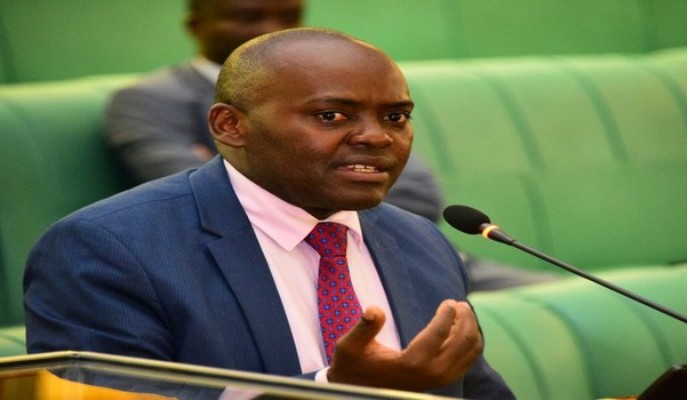
The absence of a substantive Governor at the helm of the Central Bank of Uganda for close to three years has sparked a heated debate in the country's political and financial circles.
The proposal to eliminate the position altogether, put forward by Hon. Medard Segona member of Parliament representating Busiro East consistency has ignited a contentious discourse over the necessity of the role and its implications on governance and taxpayer funds.
The unexpected revelation of the prolonged vacancy in the position of Governor at the Central Bank of Uganda has prompted a reassessment of the institution's operational dynamics.
Following assurances from the Deputy Governor of the Bank of Uganda, Michael Atingi-Ego, that the absence of a Governor has not hindered the bank's performance, questions have arisen regarding the relevance and cost-effectiveness of maintaining the position.
Hon. Medard Segona, a prominent figure in Ugandan politics, has boldly proposed the abolition of the Governor position, citing the significant financial burden it places on taxpayers without evident detriment to the bank's functionality.
Segona's assertion is grounded in the belief that the Bank's governance structures, including its Board and senior management, remain robust and capable of fulfilling the institution's mandate without a Governor at the helm.

In a parliamentary session marked by contentious exchanges, Segona defended his proposal, emphasizing the efficient performance of the Bank despite the absence of a Governor.
He questioned the necessity of allocating taxpayer funds to sustain a position that appears redundant in light of the Bank's operational resilience.
However, Deputy Governor Michael Atingi-Ego offered a contrasting perspective, reassuring the public that the Bank continues to operate effectively due to its strong governance mechanisms.
Despite acknowledging the absence of a substantive Governor, Atingi-Ego highlighted the functionality of the Bank's governance structures, including its Board oversight and competent staff.
Yet, the debate transcended the issue of the Governor's position, extending to broader concerns regarding financial regulation in the digital age. Segona raised pertinent questions about the regulation of digital loan platforms and cryptocurrencies, underscoring the need for comprehensive regulatory frameworks to address emerging challenges in the financial sector.
As the discourse unfolds, stakeholders grapple with divergent views on the role of the Central Bank Governor and the future of financial regulation in Uganda.
The outcome of this deliberation will not only shape the governance of the banking sector but also influence the allocation of taxpayer resources in the pursuit of economic stability and growth.











